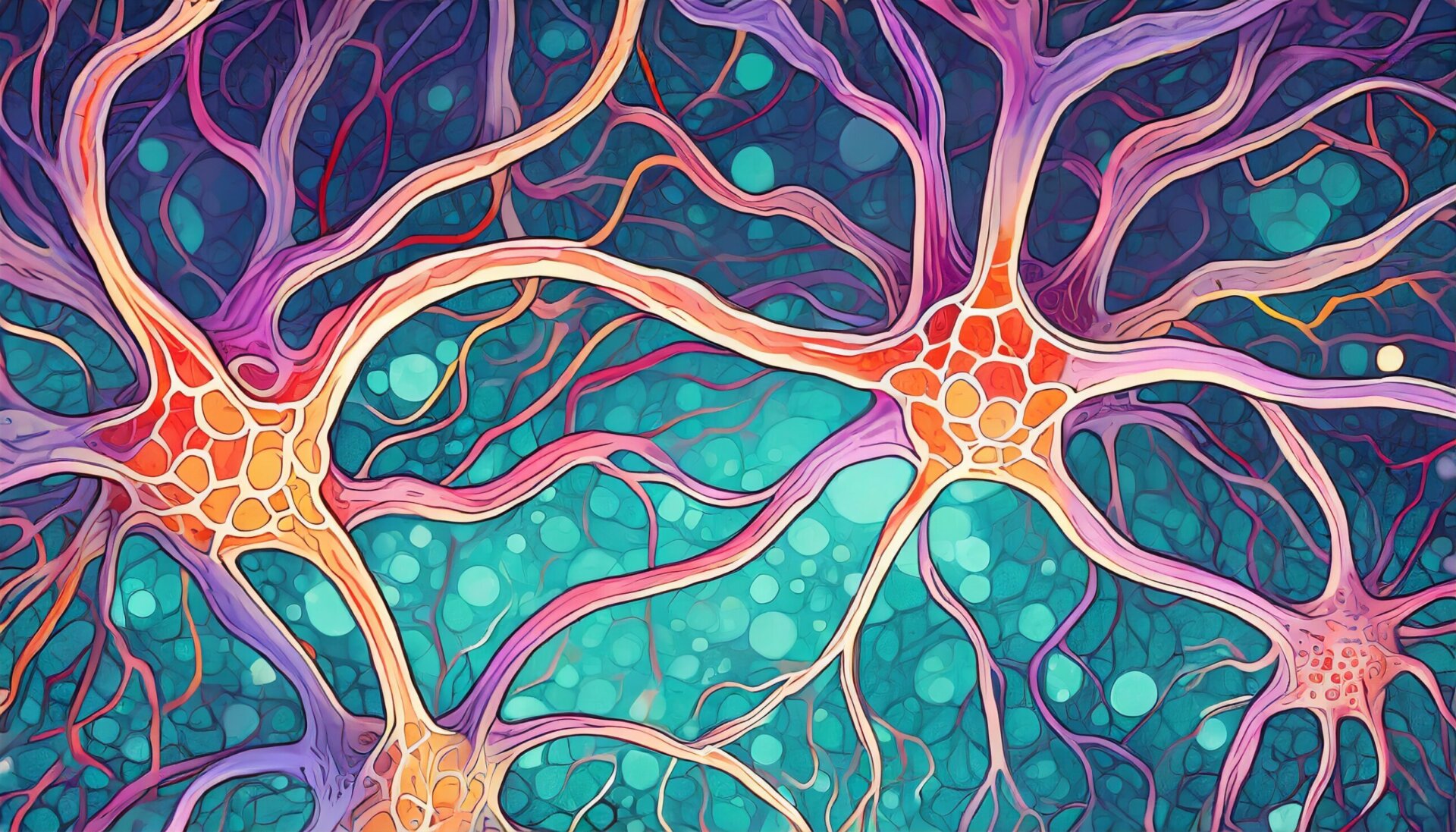This project is license-ready
Designed to address Mucopolysaccharidosis IIIC, this innovation presents a transformative solution for lysosomal storage diseases, spearheading advancements in genetic therapy
The disease Mucopolysaccharidosis IIIC (MPSIIIC) stems from a deficiency in the enzyme HGSNAT, which is normally found in the lysosome, particularly in neural tissues.
The disease has a relatively late onset, with children showing progressive cognitive and motor decline, behavioural problems, hyperactivity and usually death in the mid-30s.
As HGSNAT is a membrane bound enzyme it does not cross the blood-brain barrier effectively if injected into the bloodstream and so this approach is not successful therapeutically. Gene therapy using adeno associated virus injected into mouse brains has been shown to correct the gene defect, including hyperactive behaviour with correction of neurons and neuroinflammation. A convection enhanced delivery approach has been optimized in sheep brains including a biodistribution study of AAVHGSNAT.
Project overview
Prof Brian Bigger and team have estimated that if 40% of neural cells can be transfected with a corrected HGSNAT gene the symptoms of the disease will be greatly reduced.
The team has shown that methods of injecting adeno associated virus, containing the corrected gene, into the brain, have the potential to treat this rare disease in small and large animals.
Technology benefits
This is a one shot advanced therapy treatment with a well-defined toxicology and safety profile.
Target Markets and Applications
The convection enhanced delivery approach has application for reducing proximal gene expression at injection sites (a basic issue with current intracranial approaches) and application for neurological disorders.
Business Opportunities
PROJECT STATUS: The proof of concept in mouse model of disease is complete, biodistribution and POC for the CED technique in large animals is also complete.
What’s next?
We are currently looking for a partner to license and take this opportunity to the clinic. Please get in touch with the Project Manager to find out more.
More on advancing treaments for Lysosomal Storage Disorders (LSDs)
There are around 70 different Lysosomal diseases (LSDs), all of which are life-limiting, genetic, rare diseases. Collectively they affect one in 5,500 people. LSDs tend to affect multiple organs in the body, including the brain and skeleton. Patients often require multiple surgeries and lifelong palliative care. Before the year 2000, LSDs were considered untreatable.
The basic and clinical research led by Brian Biggar over two decades resulted in the development of eleven new treatments, including enzyme replacement therapies, for LCDs (for mucopolysaccharise MPS) disease I, II, IIIA, IVA, VI, Fabry, Pompe, Wolman and Niemann Pick C).
They have also pioneered the development of stem cell gene therapies for LSDs affecting the brain (MPSII, MPSIIA and MPSIIB) and showed complete correction of the brain in models of disease where other treatments are ineffectual.¹
They have performed extensive preclinical testing, developed novel outcome measures for clinical trials and guided manufacture of new approaches for gene therapies.² Patient support groups such as the MPS society, have been integral to the design and direction of their research.
Treatments developed by the team account for about two-thirds of all currently approved drugs for LDSs. As a result, lifespan and quality of life have improved for more that 900 LSD patients in England and more than 4,000 worldwide.
Their research has taken stem cell gene therapy from the laboratory bench to the patient’s bedside. This work has reduced mortality by benefiting more than 100 LSD patients worldwide.(3)
Their scientific programmes resulted in the co-founding of Orchard Therapeutics Plc, specialising in gene therapy treatments for rare diseases. The company secured $33m of investment. Funded by Orchard Therapeutics, they have already completed recruitment of five patients for a gene therapy clinical rial in MPSIIIA. They will also lead a similar trial in MPS11² which is funded by another company, AvroBio.
The team have shown that enzyme replacement therapy for Wolman disease can be partially effective in patients. They now want to develop stem cell gene therapies for Wolman disease and other LSDs. They also plan to develop clinically meaningful trial outcome measures, delivered by an expert multidisciplinary team.
Contact the Project Manager to find out more.





